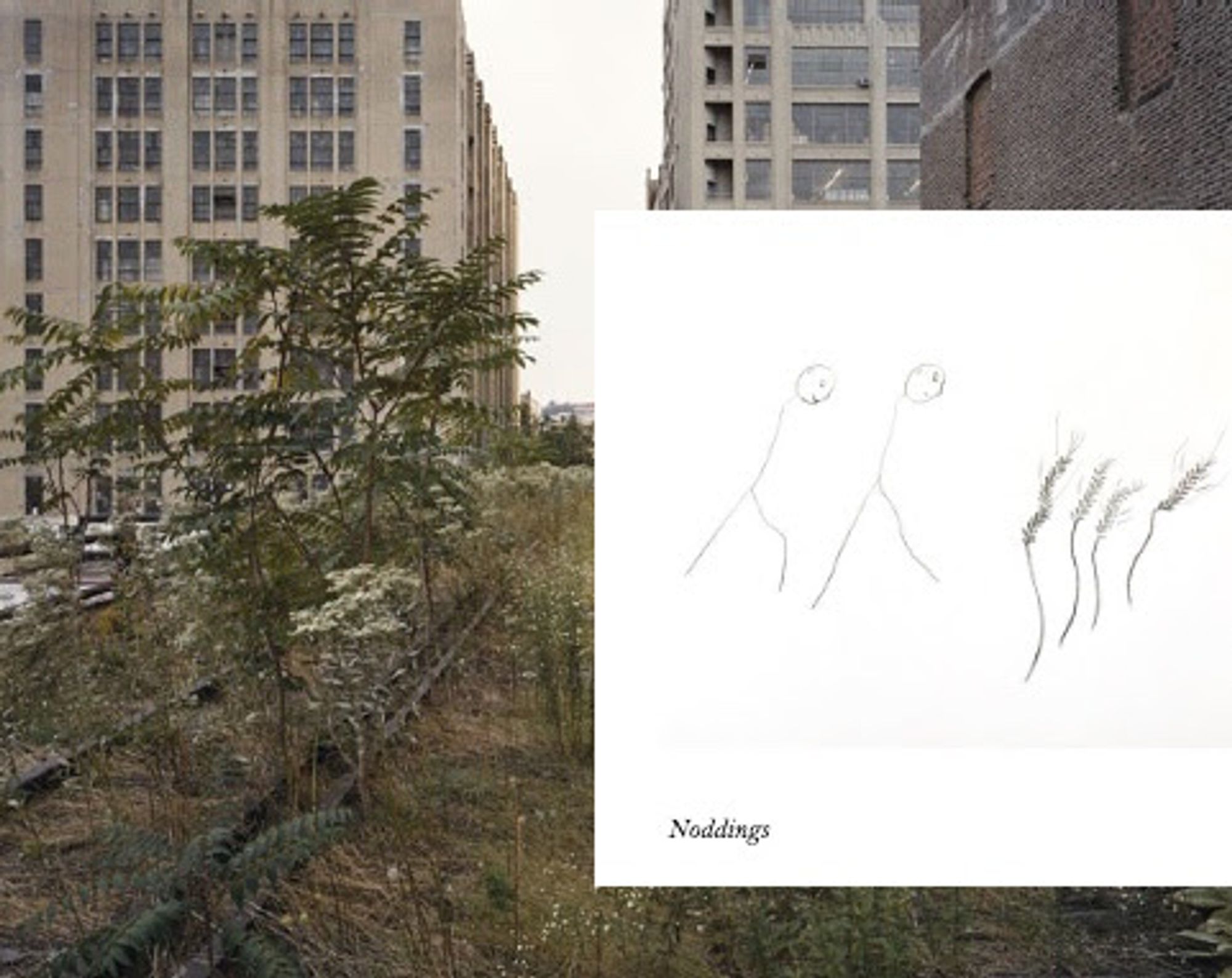
Emergent Naturecultures Roundtable with Darren J. Patrick
How do we make space for a continuum between human and non-human others, setting intentions beyond binaries and towards integrative spectrums? In this roundtable series, participants are invited to engage in readings that explore the blending of nature and culture, following Donna Haraway’s use of “natureculture“ in which the two terms cannot be separated.
For this session, Darren J. Patrick joins us in discussing their recent essay The matter of displacement: A Queer, Urban Ecology of New York City’s High Line, which uses ecological analysis as a method of critiquing, and also queering, gentrification. Participants are encouraged to read this text in advance of our meeting and come with comments, questions, and otherness.
Marisa Prefer is an educator, urban ecologist, and amateur herbalist who works across disciplines to translate knowledge between plant and human communities. Prefer has previously helped to run the Children’s Garden at Brooklyn Botanic Garden, is a current collaborator on “Carbon Sponge” at the New York Hall of Science, is the Programs & Permaculture Manager for floating food forest Swale, and is the Landscape Steward at Pioneer Works.
Darren J. Patrick (dp) is currently completing a PhD in Environmental Studies at York University in Toronto, Ontario. Their research and writing has spanned queer theory, urban political ecology, and critical human geography. Among other topics, their research has investigated the redevelopment of the Hudson River Park and the High Line in New York City. As part of the larger theoretical project focused on articulating the contours of a queer urban ecology, they honed a critical attention to the role that both radical queer activism and ruderal/urbanized ecologies played in (re)imagining and (re)developing each space in the context of gentrification, real estate development, and financial capitalism. Their current work is focused on the evolution of autonomous transfeministqueer politics in Italy. Their single and co-authored work can be found in numerous books and journals, including Environment and Planning D: Society and Space, Social and Cultural Geography, Undercurrents, Feminismos (Brazil), Internazionale (Italy), and The Guardian.